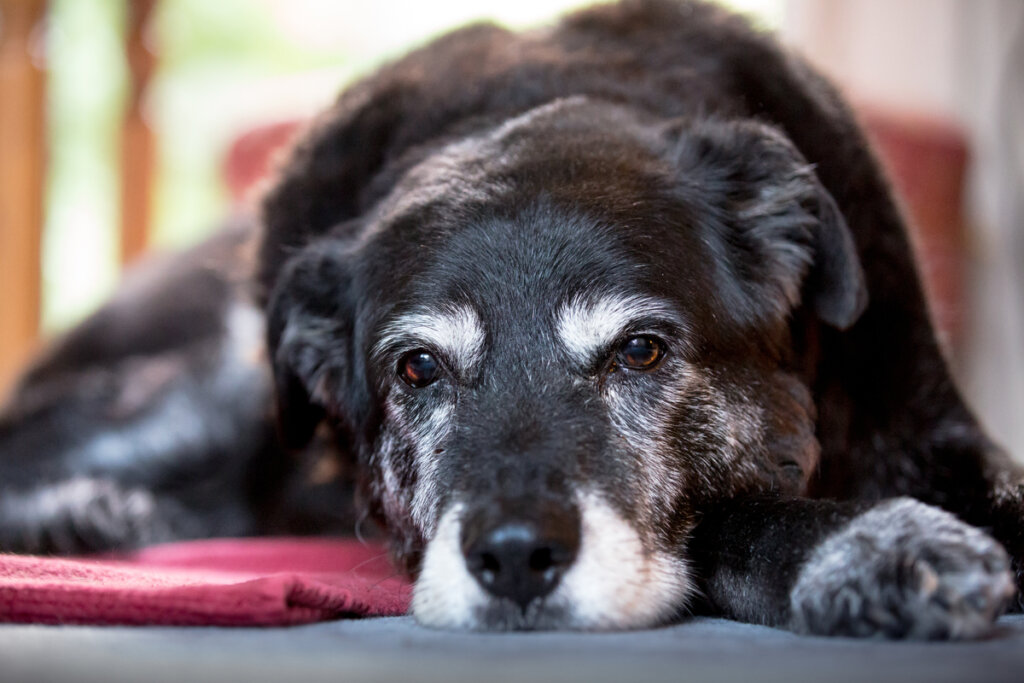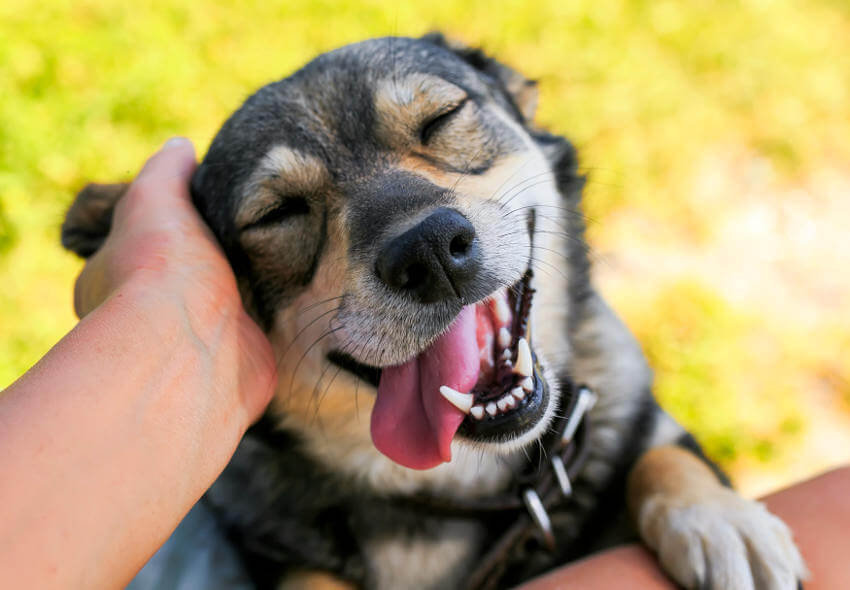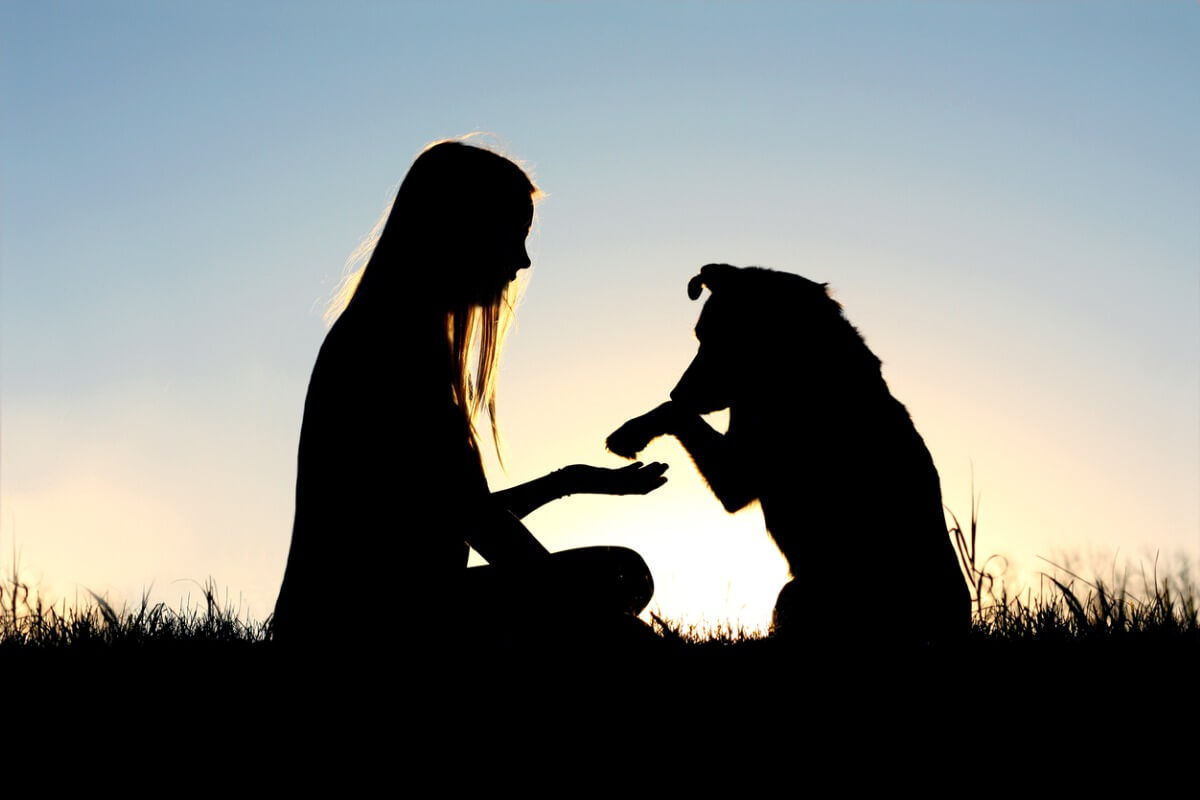How to Feed Your Adult Dog
Your dog's needs change over the years. Breed, size and lifestyle are important factors when feeding an adult dog.

Knowing how to feed your adult dog is one of the basic tasks that you must take into account if you want your best friend to be healthy, happy, and have a longer life expectancy. According to Catherine Dauvergne, in her book The Dog’s Diet, a balanced diet brings good health and reduces the likelihood of suffering from diseases and illnesses over the years.
It’s every owner’s obligation to keep their pet healthy. Discover some keys to feed your adult dog in this article.
The importance of feeding
Knowing how to feed your adult dog is a vital issue, because nutrition must change according to each stage of life. In this case, adult dogs require less protein and sometimes a lower energy intake than puppies, which need enough vitamins and adequate protein for their growth and energy expenditure, so says Nela Crespo in her book The Truth About Cats and Dogs.
Your pet’s diet must be balanced, adapted to their needs, and, of course, appetizing. It must satisfy their needs without being too much. We recommend you always feed them at the same times, preferably in the afternoon or evening.
Adult dogs are usually fed once a day, but if your dog is very large or very nervous, it’s advisable to divide their ration in two, one in the morning and one in the evening, to reduce the risk of stomach twisting.

What type of food to feed an adult dog?
The food you give your dog should be based on the breed, size, way of life (sedentary or active), and the stage of life the dog is in. Therefore, when it comes to feeding your adult dog, it’s essential to take these other characteristics into account when choosing its food.
According to its size
- Small dogs burn a lot of energy and do it at a higher rate than larger dogs, depending on their activity level. Therefore, the best diet for these breeds are those with additional protein, and rich in fats and carbohydrates.
- Larger dogs tend to burn less energy and at a slower rate, but their appetite is much greater. A perfect formula for them contains less fat and more protein to control their weight.
Lifestyle
- For active or working dogs, you need a formula suited to their lifestyle, which will give them more fat, protein and vitamins which will produce energy, such as vitamin B12, or vitamins that help their tired muscles recover, such as vitamin E.
- Sedentary or less active dogs need a light, low-fat formula to avoid weight gain.
Special cases
- For older adult dogs, a low-calorie diet is usually adequate. Be careful not to overdo it on protein and minerals such as salt and phosphorus, which can damage their liver, kidney and heart.
- If your adult dog is pregnant, it’s advisable to give her quality food for puppies, so that she has additional calories and more necessary nutrients.
- If your adult dog has any illnesses or food sensitivities, you’ll need to provide a special diet accordingly.

On the market, you’ll be able to find many options to feed your adult dog according to its needs. To ensure you get things right for your dog, always consult your veterinarian, just to be on the safe side.

